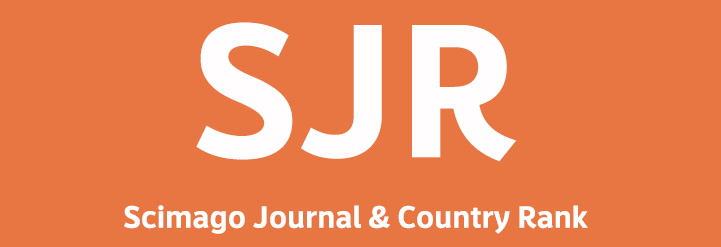Developing Small Scale Flare Gas Recovery Unit To Utilize Not Economically Feasible Gas Flare
DOI:
https://doi.org/10.29017/SCOG.32.3.854Keywords:
flare gas, utilization, gas recovery, ANGAbstract
The World Bank’s flare gas utilization evaluation in Indonesia (2006) excluded the not economically feasible flare gas to be commercially utilized due to various barriers and economic reasons. To implement No Flare Gas Policy in Indonesia, it is necessary to carry out an analysis on the possibility of the not economically feasible flare gas based on the latest technology development and proximity flare gas market next to existing onshore oil/gas fields producing the flare gas. Small Scale Flare Gas Recovery Unit has been modelled to recover the gas flared and transported the gas to the proximity flare gas market. This concept shows that the not economically feasible flare gas can be commercially utilized in term of small/medium bussiness unit, and therefore No Flare Gas Policy in Indonesia will be achieved.
References
. , 2006, “Indonesia Associated Gas Survey –
Screening & Economic Analysis Report (Final)â€,
The World Bank/GGFR, New York.
Bandosz T J, et al. 2003, “Chemistry And Physics
Of Carbonâ€, Ed. L R Radovic (New York:
Marcel Dekker)
Bansal R C, et al. , 1988, “ Active Carbonâ€, Marcel
Dekker, New York:.
Burchell, Tim, 2000, “Carbon Fiber Composite
Adsorbent Media for Low Pressure Natural Gas
Storageâ€, Carbon Materials Technology Group,
Oak Ridge National Laboratory
Burchell, Tim & Rogers, Mike, 2000, “Low Pressure
Storage of Natural Gas for Vehicular Applicationsâ€,
SAE Technical Paper Series 2000-01-
Chang, K. et al.,1996, ‘Behavior And Performance
Of Adsorptive Natural Gas Storage Cylinders
During Discharge’, Appl. Therm. Eng., 16,
–374.
Chen Jinfu Qu, 2004, “Adsorbent of Storage
Natural Gas & its Use In ANGVâ€, Environmental
Engineering Research & Development Center,
University of Petroleum, Beijing.
Haiyan Liu, et al., 2004, “Adsorption Behavior
Of Methane On High Surface Area Active Carbonâ€,
Institute of Coal Chemistry, Chinese
Adademy of Siciences, Shanxi, China
Downloads
Issue
Section
License
Copyright (c) 1970 SCIENTIFIC CONTRIBUTIONS OIL AND GAS (SCOG)

This work is licensed under a Creative Commons Attribution 4.0 International License.
Authors are free to Share — copy and redistribute the material in any medium or format for any purpose, even commercially Adapt — remix, transform, and build upon the material for any purpose, even commercially.
The licensor cannot revoke these freedoms as long as you follow the license terms, under the following terms Attribution — You must give appropriate credit , provide a link to the license, and indicate if changes were made . You may do so in any reasonable manner, but not in any way that suggests the licensor endorses you or your use.
No additional restrictions — You may not apply legal terms or technological measures that legally restrict others from doing anything the license permits.














